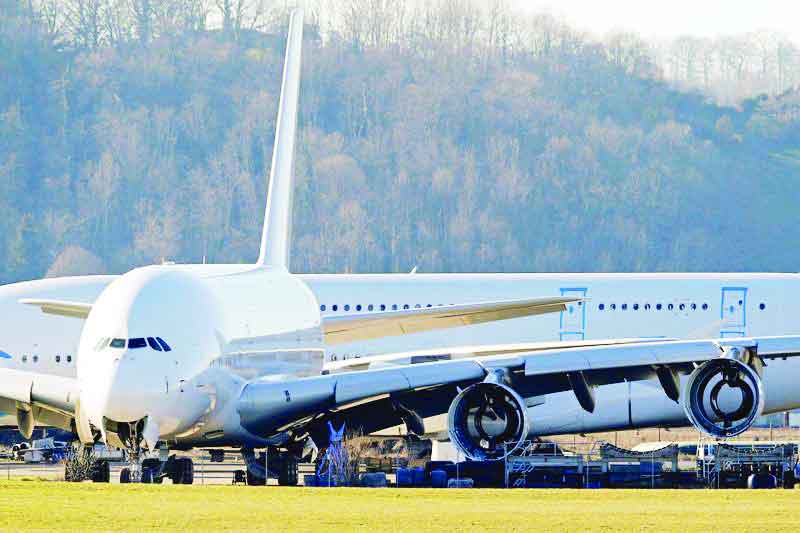Production of Airbus A380 is coming to a close by 2021 and we should not forget this engineering marvel
In May 2007, Vijay Mallya and his Kingfisher Airlines were both still flying high. A year earlier, the flamboyant businessman and the then Member of Parliament had ordered five of Airbus’ massive A380 superjumbo aircraft at the Paris Air Show and got the European manufacturer to fly in the aircraft into India to show off. In flights over Delhi and Mumbai, Mallya regaled the high and mighty of both cities and those, who were not lucky enough to enjoy a flight on-board, were mesmerised by the sheer sight of something so large, so massive even being able to take to the skies. The A380 defied, it would appear to someone on the street, the fundamental laws of physics. The huge plane could fly close to 900 people over 12,000 km and it was meant to revolutionise air travel across the world by not just providing extreme luxury but also propelling prices down for budget travel.
Twelve years on, Kingfisher Airlines collapsed in a heap, exacerbating India’s bad loan crisis and Mallya is currently a fugitive in London fighting extradition. And Airbus just announced that they would deliver the last Airbus A380 in 2021. The Airbus A380, an aircraft that cost over $25 billion to develop, could not even recoup its developmental costs. While Airbus basically prints money on every narrow body A320 aircraft it sells to low-cost airlines, the failure of the A380 will be a huge hit to its pride. Not least because the plane it was meant to replace, the Boeing 747, which celebrated the 50th anniversary of its first flight, will possibly outlive the Airbus A380 on the production line. A lot of things went wrong for the Airbus A380 starting with production delays and the fact that the plane entered an aviation market that was transforming rapidly thanks to low-cost short-range and long-haul travel. Extremely efficient aircraft such as the Boeing 787 and Airbus’ own A350, that used new manufacturing technologies and engines, sipped fuel at ridiculously low rates. But analysing why the aircraft failed to be the sales success that Airbus executives thought it would be is a story for a different time. The fact is that the world is losing an engineering marvel from the production line. However, it is likely that this Leviathan of the skies will keep flying for at least another decade or two, and those who must experience this aircraft still have a few years left to do so. Residents of Delhi and Mumbai can still marvel at the sight of this plane filling their skies on a daily basis for a few more years.


























